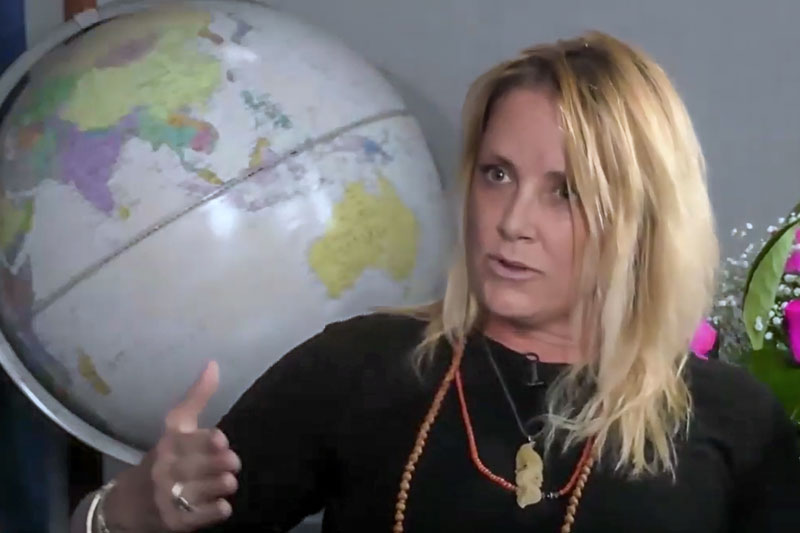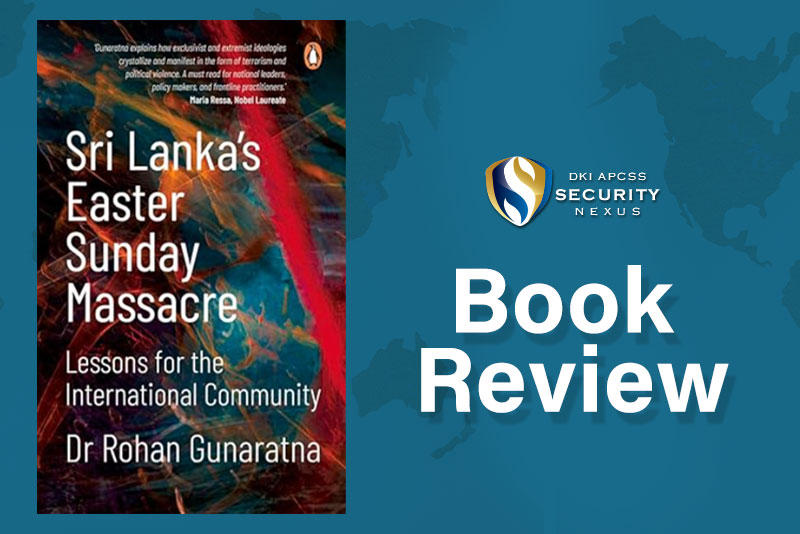DKI APCSS’ Professor Kerry Lynn Nankivell has a new article that explains why Japan’s institutional and political contexts deter unilateralism and militarism, even as Japan expands its maritime security capacity to deal with the new strategic realities.
“Japanese Maritime Assistance: A Status Quo Plus” was published by the National Bureau of Asian Research’s Maritime Awareness Project.
According to Nankivell: “Though deep continuities in Japanese maritime assistance to Southeast Asia are undeniable, the strategic context under which the JCG [Japanese Coast Guard] operates is very different now from in decades past. The JCG’s goals in Southeast Asia remain the same, but the means required to achieve them have changed dramatically. Coast guard programs today, as in 1969, seek to enable Southeast Asian countries to defend their maritime jurisdictions against transnational threats, keeping seas safe and open for global trade. But the nature of those threats and the operational demands they place on regional counterparts are escalating quickly.”
Read the full article online at: http://maritimeawarenessproject.org/2018/01/04/japanese-maritime-assistance-a-status-quo-plus/
The views expressed in this article are those of the authors and do not necessarily reflect the official policy or position of the Daniel K. Inouye Asia Pacific Center for Security Studies, the Department of Defense, or the U.S. Government.
-END-










Leave A Comment